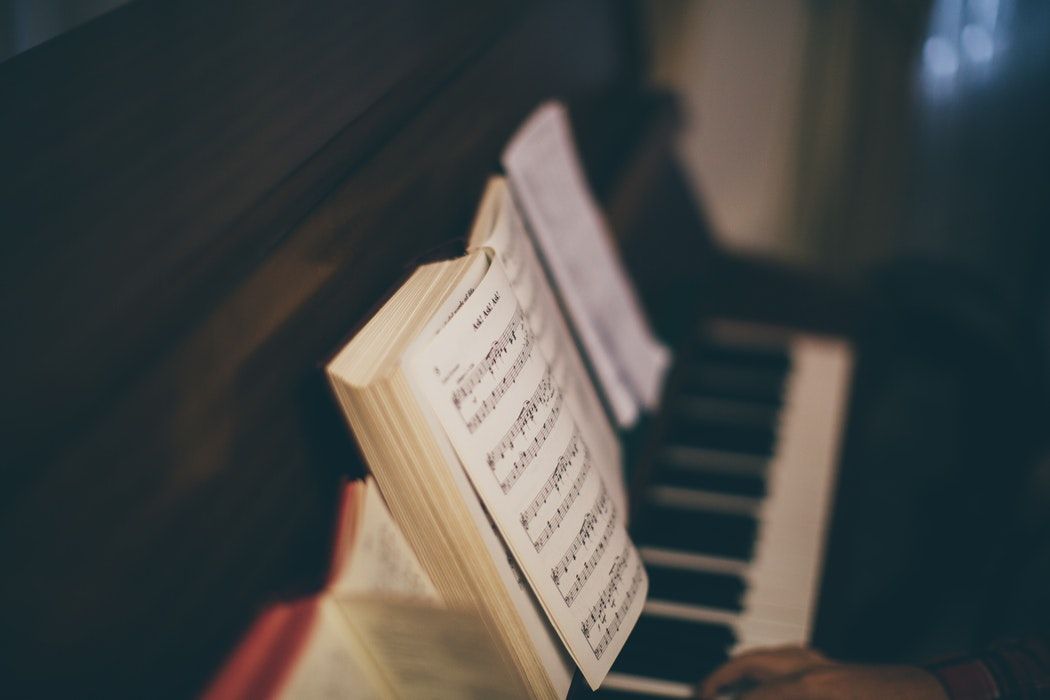A critical look at music in the classroom
A recent study by the University of Sussex has revealed that the number of pupils studying music as part of secondary school curriculum has significantly decreased over recent years. They found that growing numbers of schools had reduced the
number of hours allocated to music in years seven to nine and many had cut it from these years entirely. 10% fewer students have taken up the study of music at GCSE since 2016, with fewer schools offering it – some have discouraged top-set students from taking it while others choose to teach it outside standard school hours. There has also been a 15% drop in the number of students taking up A-level music in the same period and a 32% drop in the uptake of music technology A-level.
Researchers attribute this at least in part to the introduction of the new English Baccalaureate programme in 2010 and the pressure it places on schools to perform well in what it labels ‘core subjects’ – those that our government considers important subjects for pupils to take at GCSE with the aim of enhancing prospects for further education or employment. Unsurprisingly, the list fails to include the arts. For years, the low value that the government assigns to arts education has been evident in devastating funding cuts disproportionate to those faced by other disciplines in favour of more academically-geared subjects. Peripatetic music lessons are a case in point; concerning numbers of skilled teachers who travel around schools offering individual or small-group sessions to learn an instrument either free or at a highly subsidised cost are increasingly subject to redundancies. In turn, more privileged pupils resort to costly private tuition if they are able to afford it, while others simply do not have the opportunity to learn.
10% fewer students have taken up the study of music at GCSE since 2016
This is most shocking given that it comes at a time when research evidencing the benefits of music education is plentiful. For instance, studies have shown that it helps young people to strengthen problem solving, analytical and critical thinking skills, to name a few, and can develop discipline, composure under pressure, time management, communication, team and individual working ability. It’s therefore difficult to see how the government intends to improve performance in other subjects or increase employability skills through cutting music education funding. In fact the potential outcomes of such action and the resulting decline in the number of pupils studying music are actually quite alarming.
The music industry in the UK is worth £4.4 billion a year, sustaining crucial numbers of full-time and part-time jobs. This has been consistently growing for a number of years now and while the industry itself is not going to collapse overnight under the pressure of fewer people undertaking a musical education, growth could potentially stagnate as the talent pool contracts. It leaves space, then, for industries from other nations to take over in this competitive field, with a lasting impact on the UK economy.
The music industry in the UK is worth £4.4 billion a year
Most people who study music do not go on to work in music – they simply retain music as a hobby, sometimes playing their instrument, writing music, attending concerts or even just streaming music. Of course, a formal music education is by no means entirely necessary to do any of these things but it fosters a deeper level of cultural and artistic understanding, allowing people to get more out of these experiences. Such musical appreciation becomes a central part to many people’s lives and improves wellbeing and community cohesion, frequently bringing together individuals from a wide range of backgrounds. To lose this would be devastating.
As someone who studied music for the entirety of my school education, taking up peripatetic instrumental lessons and studying for both GCSE and A-level music, I cannot imagine how my life would be today if I had not had those opportunities. With-
out studying music at university or intending to have a career in music, I see how the process of learning music has shaped me as an individual and has guided me to where I am today. Music is a part of my being, a form of self-expression that I partake in everyday and a central aspect of my identity. To know that fewer children are having and taking up those opportunities is deeply saddening.

Comments
Comments are closed here.